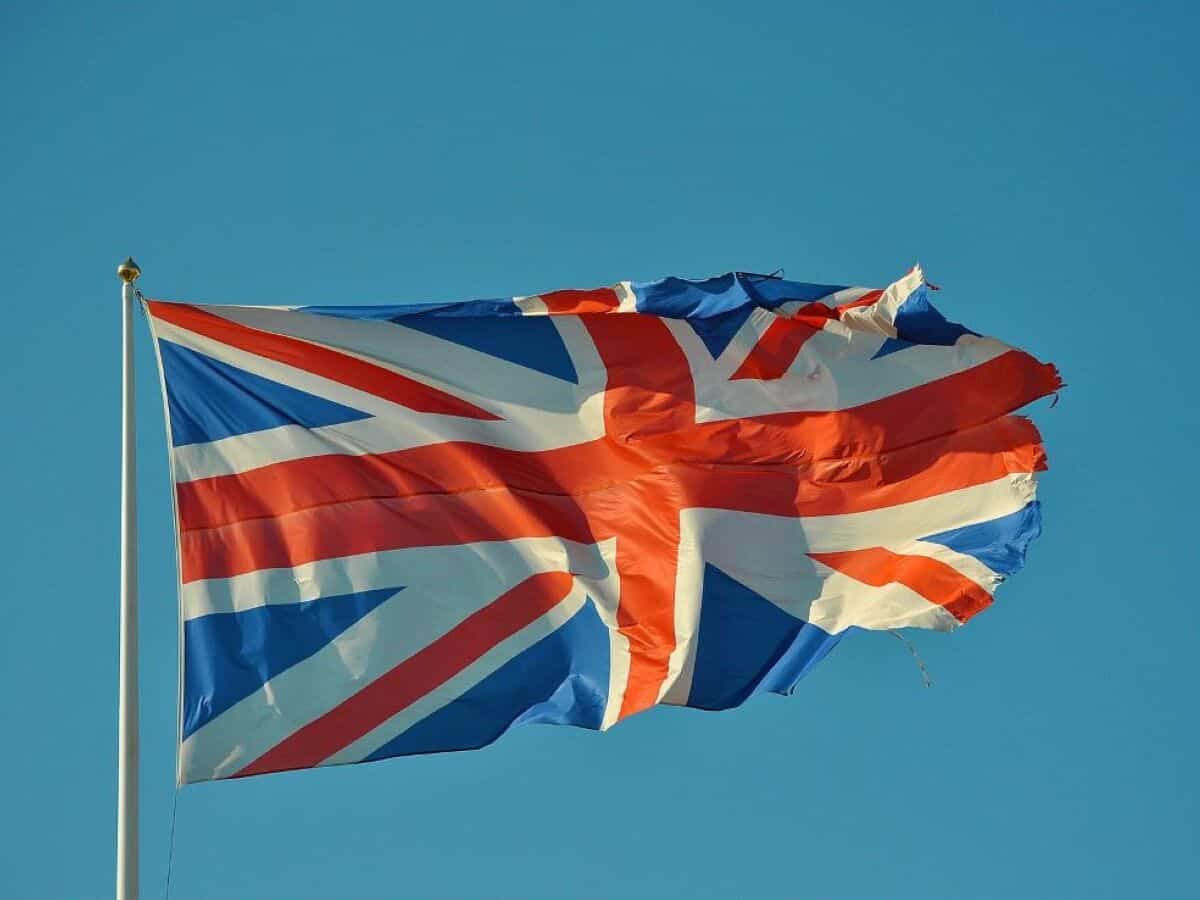
London: The UK government is “closely monitoring” the situation as the BBC said some of its staff have been asked to remain at their Delhi and Mumbai offices to cooperate with the “ongoing enquiries” of the Income Tax (I-T) authorities on Tuesday.
In New Delhi and Mumbai, officials said the surveys were being carried out to investigate issues related to international taxation and transfer pricing of BBC subsidiary companies, and alleged that the broadcaster was served with notices in the past, but was “defiant and non-compliant” and had significantly diverted its profits.
While there has been no official statement related to the action, British government sources said they are “closely monitoring reports of tax surveys conducted at the offices of the BBC in India”.
The action comes weeks after the UK-headquartered public broadcaster aired a controversial two-part documentary in the UK, India: The Modi Question’, referencing Prime Minister Narendra Modi and the 2002 Gujarat riots.
“The Income Tax Authorities remain at the BBC offices in New Delhi and Mumbai. Many staff have now left the building, but some have been asked to remain and are continuing to cooperate with the ongoing enquiries,” a BBC spokesperson said in a statement.
“We are supporting our staff during this time and continue to hope to have this situation resolved as soon as possible. Our output and journalism continues as normal and we are committed to serving our audiences in India,” the spokesperson said.
There was shock as the news of the action unfolded in the UK early on Tuesday morning and a broad consensus has been that the action was linked to the controversial BBC documentary on Prime Minister Modi aired in the UK last month.
“Everyone’s shocked and no one is fooled that today’s tax survey, as it’s being called, is a retaliation to the recent BBC documentary India: The Modi Question’,” said Dr Mukulika Banerjee, a leading author and academic at the London School of Economics (LSE).
“The BBC is an independent public broadcaster so if it puts out a documentary, it is not acting at the behest of the British government. In fact, BBC journalists routinely grill the British PM and all elected officials holding them accountable for their actions. The word independent’ means just that,” she said.
“The Indian government has appointed India as the Mother of Democracy’ during its year of the G20 Presidency and plastered posters across every inch of the country proclaiming that. It should know then that one of the basic principles of being a democracy is to recognise that press freedom is an essential central pillar of a functioning democracy. They really need to understand that this is what press freedom looks like. And stop its shameful harassment of the BBC in Delhi and Mumbai,” she added.
The South Asia Solidarity Group, a human rights organisation based in the UK, dubbed it a “blatantly vindictive move”.
“In the wake of the government’s ban on sharing extracts or screening the documentary, this raid makes it clear that the Modi government will attack all those who criticise Narendra Modi, the BJP and those close to them,” said Mukti Shah, spokesperson for the group.
Meanwhile, there were others such as the Global Hindu Federation which expressed support for the action.
“As a ‘coloniser collaborator’ the BBC has been living rent free in our heads, and no doubt financial irregularities abound in their ongoing occupation of the India media space,” said the federation’s chair Satish Sharma.
Last month, the Indian government had branded the two-part series on Prime Minister Modi a “propaganda piece”, designed to push a particular “discredited narrative”.
“The bias, lack of objectivity and continuing colonial mindset is blatantly visible,” the Ministry of External Affairs (MEA) said at the time it was aired in the UK last month.
The documentary also triggered coordinated Indian diaspora protests at BBC offices across different UK cities at the end of last month.
The UK government responded in the House of Commons to the protests by insisting the BBC as a media organisation was “independent in its outlet” and reiterating its commitment to enhance ties with India.
“We recognise how this portrayal of the Indian government has played out in India. I made it clear that the BBC is independent in its output, that the UK regards India as an incredibly important international partner and that we will be investing heavily in that relationship in the coming decades,” UK Foreign Secretary James Cleverly said earlier this month.
His remarks were later echoed by British Prime Minister Rishi Sunak’s official spokesperson in Downing Street: “The BBC is independent in its output and we would stress that we continue to regard India as an incredibly important international partner.
“We will be investing heavily in our relationship with India over the coming decades and we’re confident it will only go from strength to strength.”



